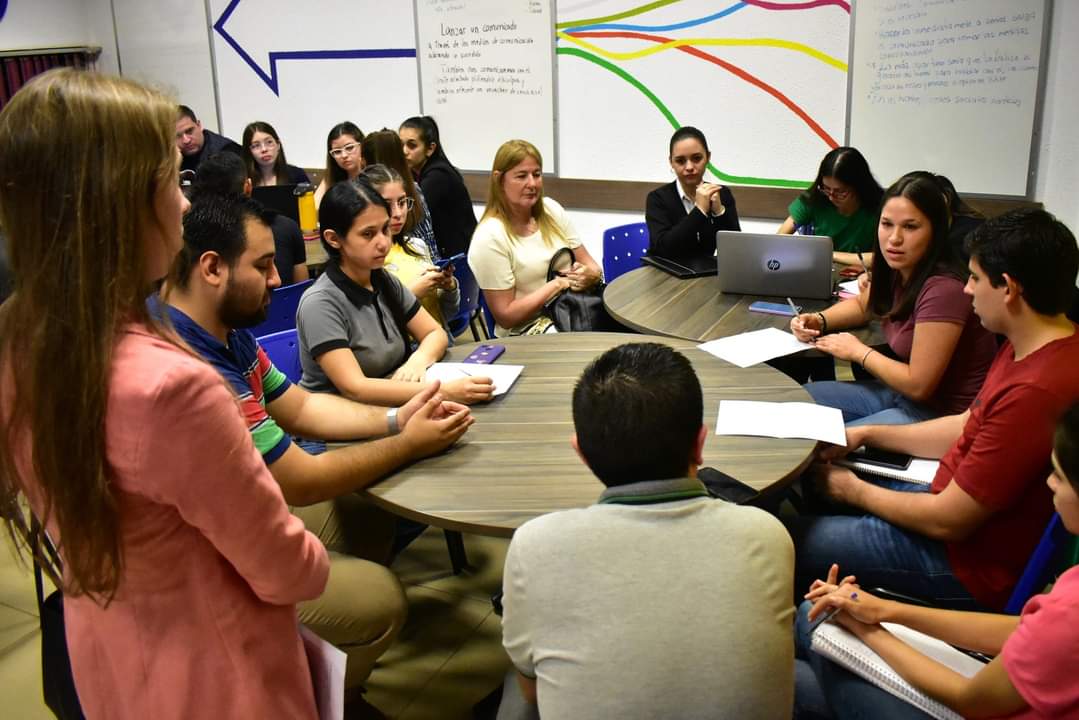This text is about the experience in the HEIComp project from the perspective of teachers and students of the Universidad Autónoma de Encarnación (Paraguay), examining positive aspects, challenges and progress in the collaboration with the partners involved, which are “Lovera Farmer”, “Ka’a Yara” and “Hospital Oncológico de día Lazos del Sur”.
First of all, it is worth mentioning that 3 courses from the Faculty of Business (in spanish “Facultad de Ciencias Empresariales” – FACEM) and 1 course from the Faculty of Science, Art and Technology (in spanish “Facultad de Ciencia, Arte y Tecnlogía” – FACAT) are involved. This means the direct involvement of 8 teachers with 8 subjects, generally with third and fourth year students.
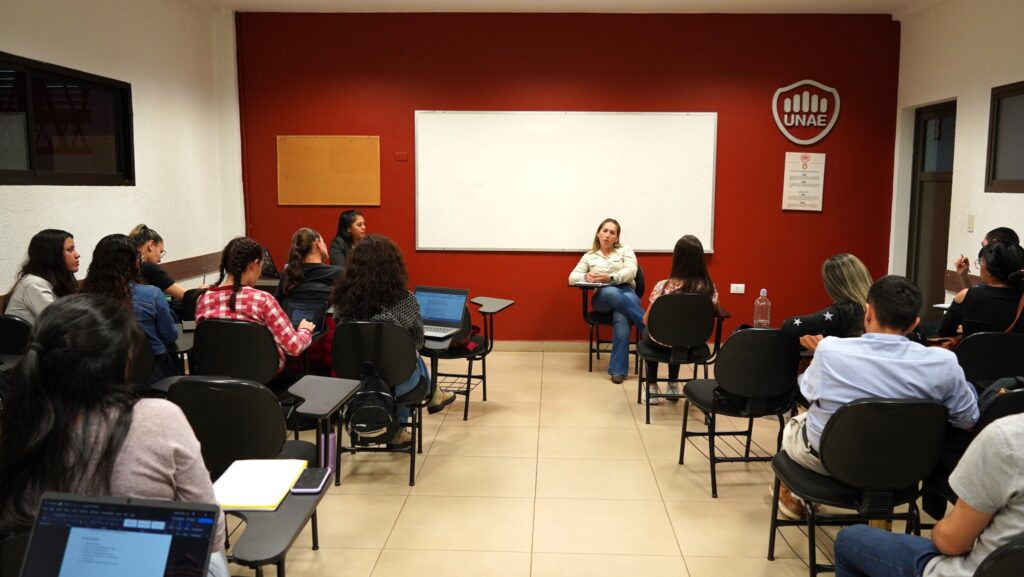
About the experience: coaches & students experience
In general terms, the experience has been positive. At the beginning of the implementation, teachers found it difficult to dynamise the groups and encourage the active participation of the students1, as most of them stuck to the “theory first, then practice” model. This also meant some difficulty before the start of classes with planning and even with the choice of subjects that could respond to the needs of the partners and their projects. Among the techniques used, techniques such as “GROW” and partly “Crazy 8” have been used to guide the process. A basic theory has been provided and the students have taken the responsibility to search for information on their own. Key words and search guides have been provided, synoptic tables have been used for the study of market related content and a connection with interdisciplinary projects is observed.
On the part of the students, they have progressively shown a significant interest in the project, demonstrating a proactive approach to their research and a willingness to assume a greater degree of autonomy. As the sessions have gone by, the meetings have become more dynamic, with active participation and relevant questions, and they have stated that “class time goes by without boredom”. The collaboration between groups of students is proving beneficial, as they share knowledge and prepare interventions autonomously, despite the difficulties of the timetables available for study in the Paraguayan context. It is important to remember that the vast majority of students in Paraguayan universities combine study with work.
However, there are challenges that require attention such as:
- Some students still rely heavily on theory and show reluctance to search for themselves or read independently.
- The GROW strategy has not been as successful as expected so far, although the questions demonstrate a high level of engagement.
- Submission of written work has been flawed and delayed in some cases.
- Some students expect teachers to take the lead, which raises the need to address this issue.
- Some students show resistance and negativity when evidence does not match what the company partner requests.
Looking to the immediate future
In view of the above, the UNAE teaching team has proposed that group leaders share their experiences and encourage the exchange of project ideas to strengthen weaker groups.
The project is at a promising stage, with emerging possibilities that lead to new ideas that can involve more careers and subjects. Soon we will have the first final results through the evaluations… a moment that will be different from the usual and that will be a mega impulse to continue growing with the methodology “learning by developing” connected to real life.
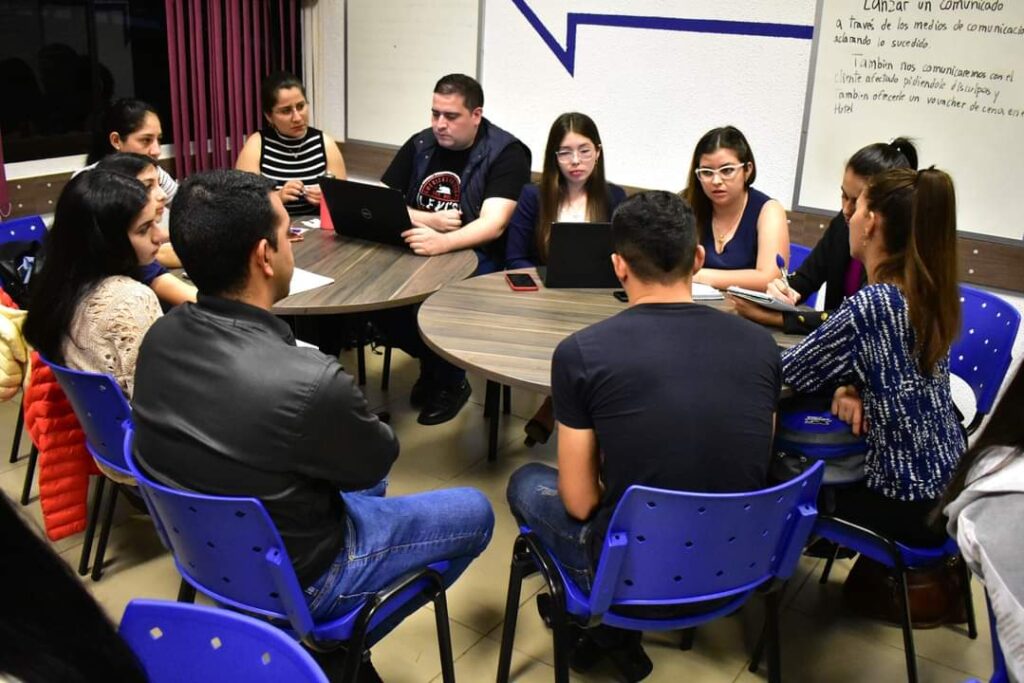
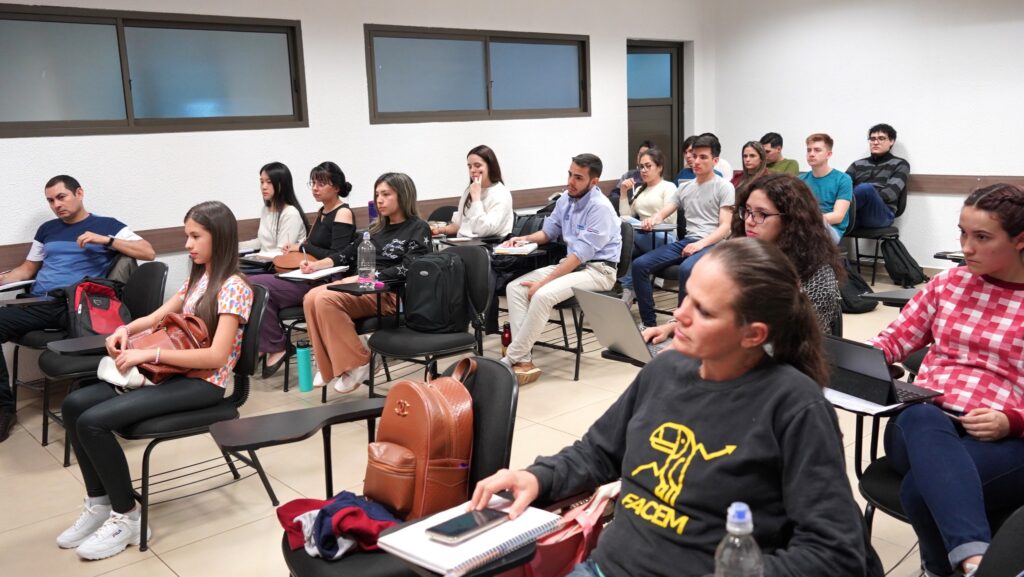
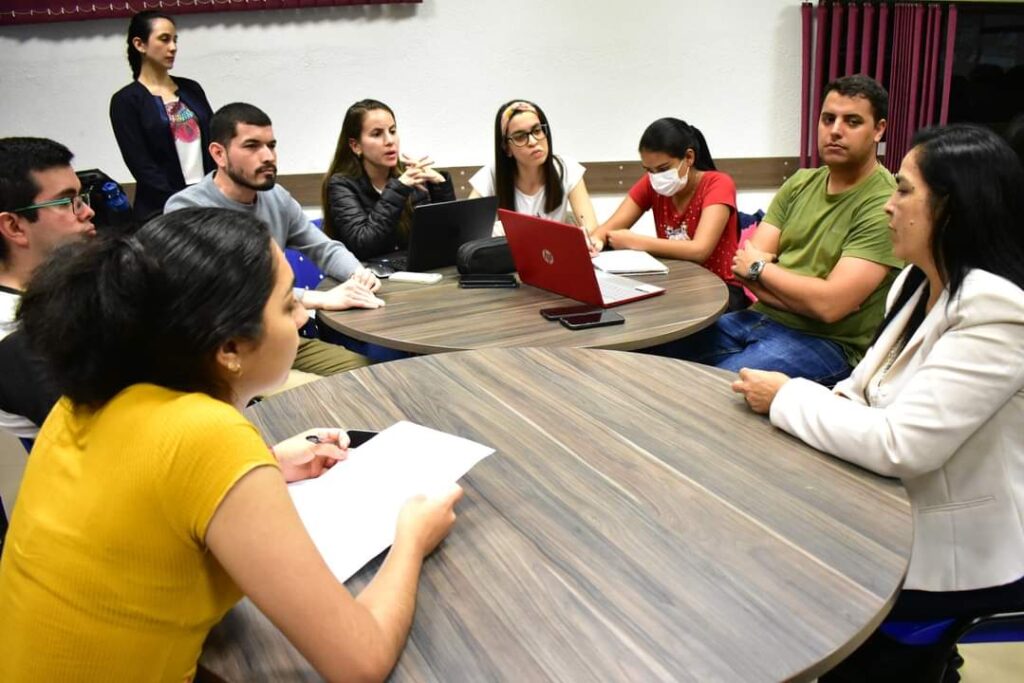
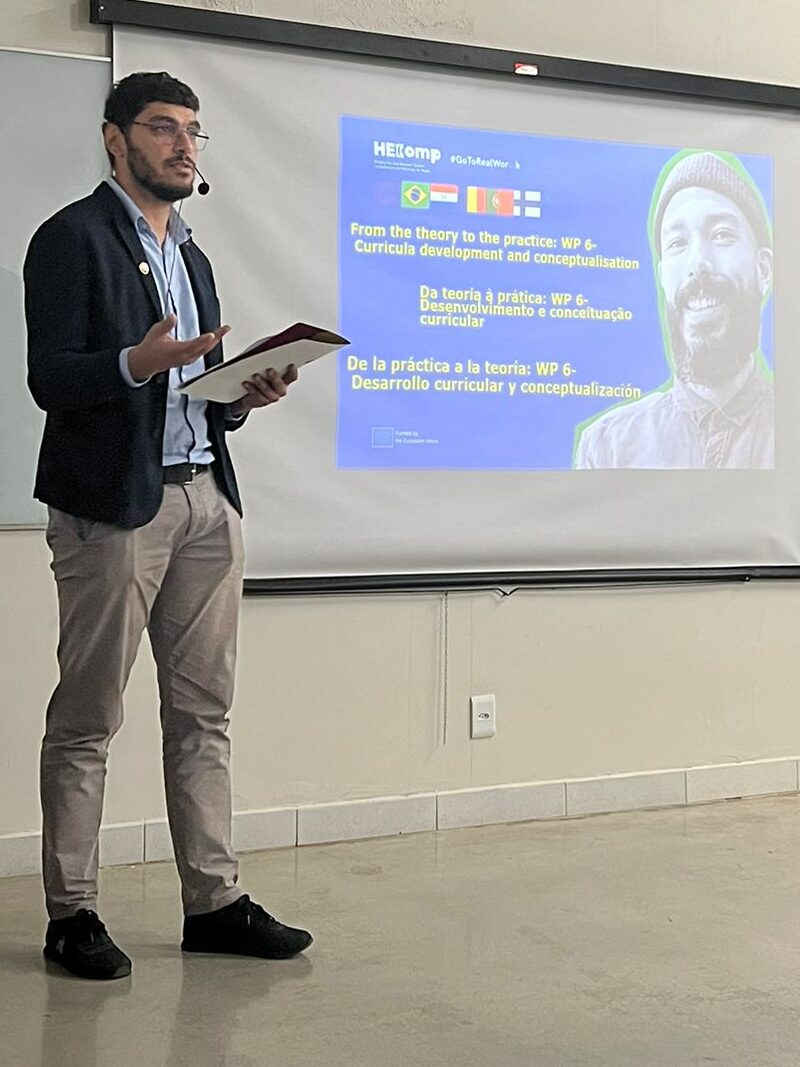
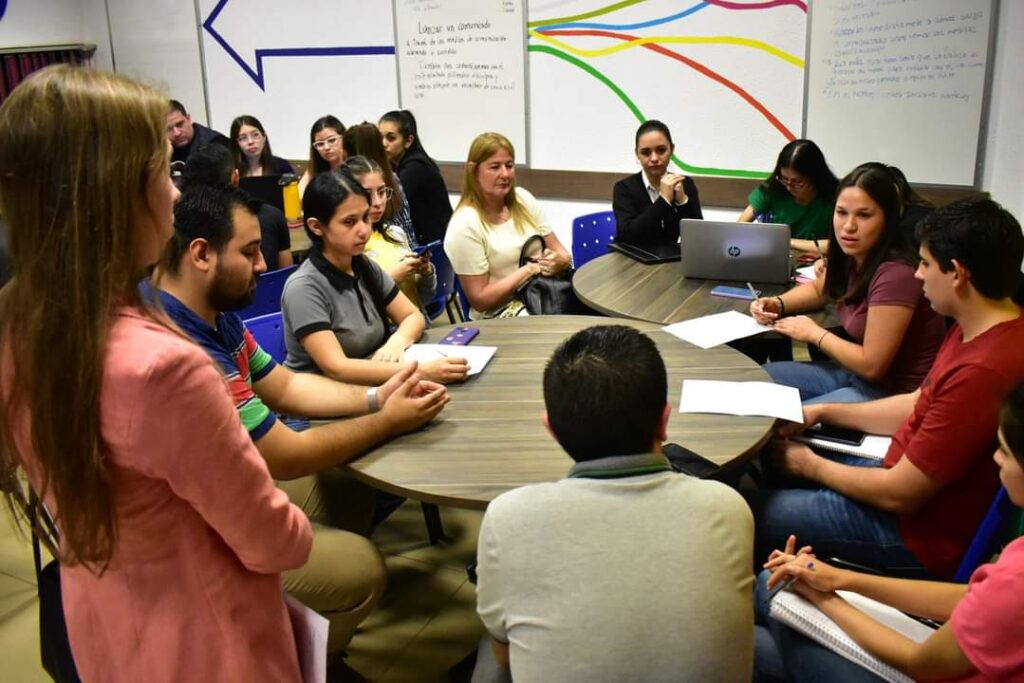
@heicomp project is funded by #erasmusplus #capacitybuilding
- Thanks to Evelyn Fleitas, student of the excellence programme “beca alumno 5” of the Universidad Autónoma de Encarnación for her support in the systematisation of the experience. ↩︎
Co-Author: Verena Schaefer

